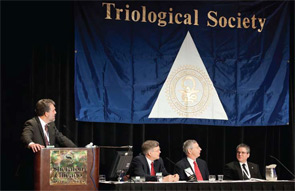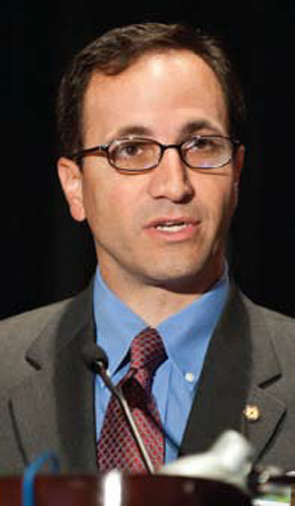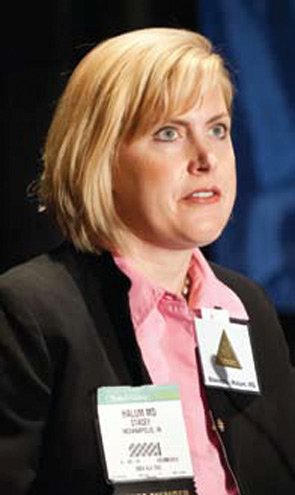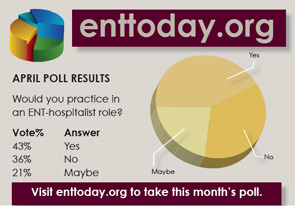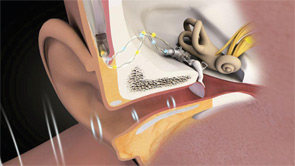The idea of reusing single-use devices may bring to mind the recent news of a Las Vegas urologist who was investigated in March for supposedly resuing single-use devices. As the Las Vegas Review-Journal reports, Dr. Michael Kaplan is accussed of reusing, but not not decontaminating, endocavity needle guides. While Dr. Kaplan’s specific case may be unique, the idea of reprocessing single-use devices is not.

